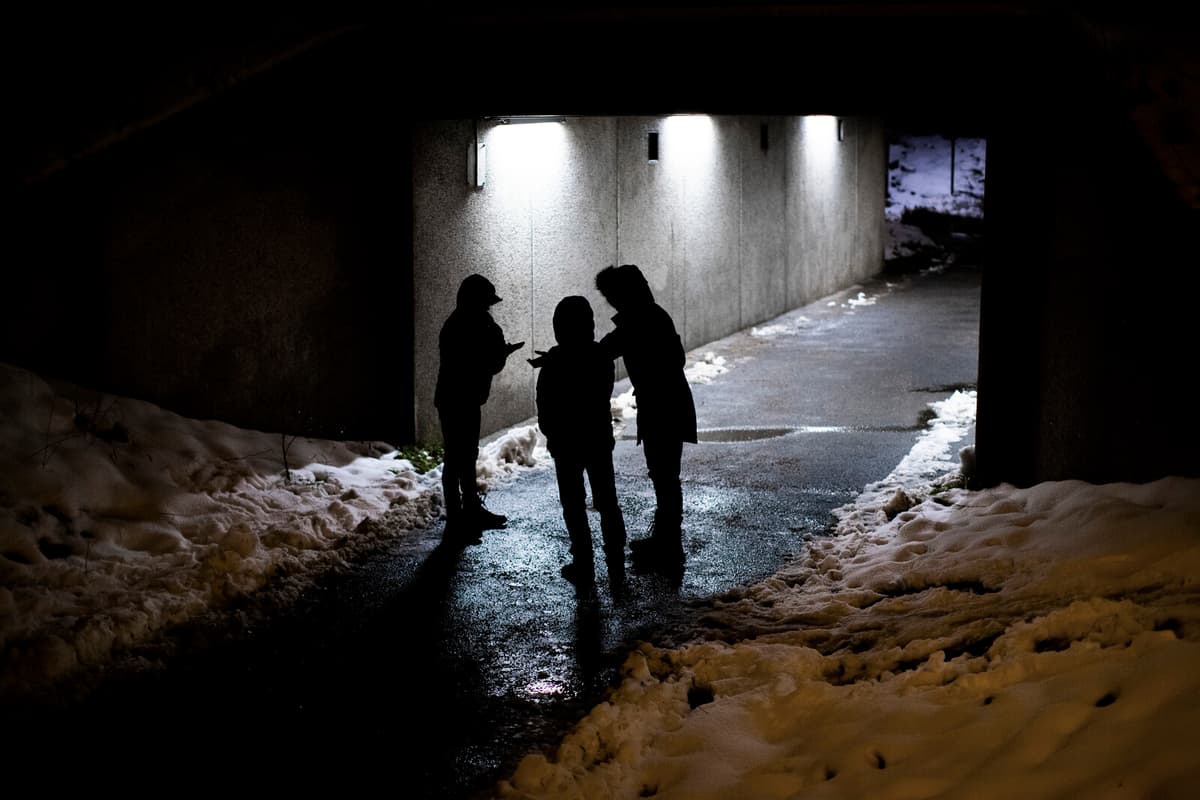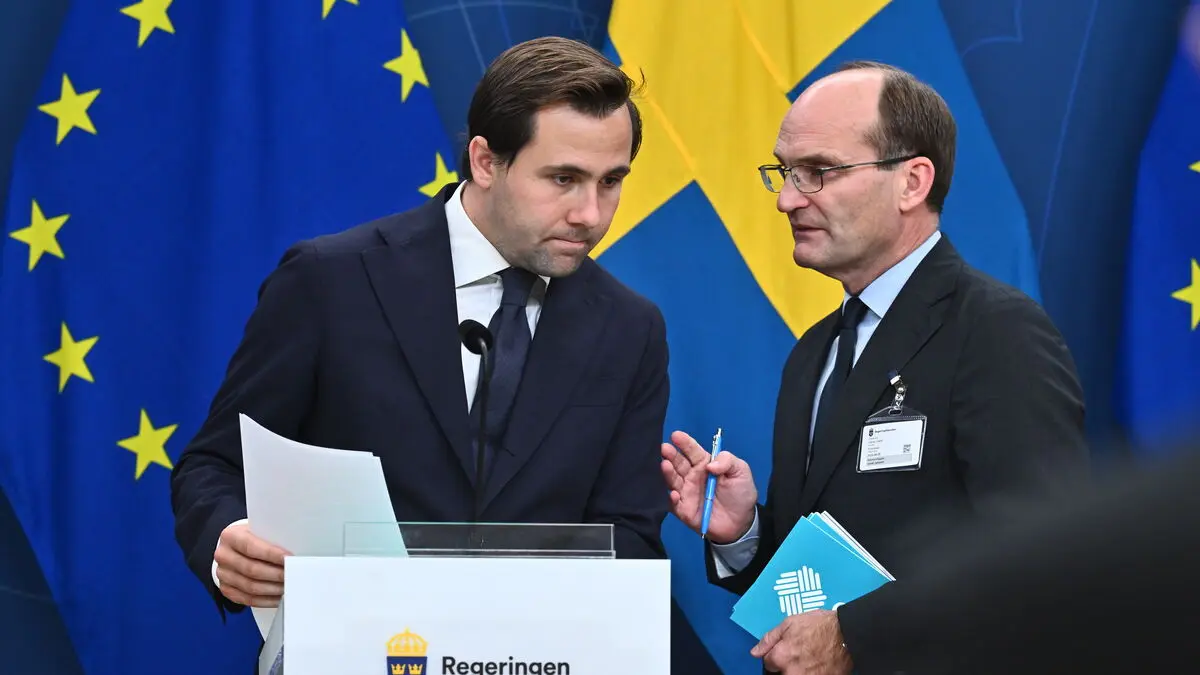Save the Children was one of the organizations that stood positive to the investigator's original proposal that the police should be allowed to use secret coercive measures against children.
They thought it would be a help to be able to identify children who risk committing serious crimes at an early stage and protect them.
Now that the government is going further in its bill on several points, the organization is reacting.
Our assessment is that it's not just minor corrections they've made, but rather quite far-reaching ones, says Suzanna Holmberg, expert at Save the Children.
It's very problematic when it comes to such serious infringements on children's integrity as these proposals will entail.
"Grey areas"
She fears that the police, when they're going to wiretap without suspicion of crime, will target specific groups of children – and compares it to the security zones, where Save the Children warned against ethnic profiling and racism.
In some way, the police will have to circle in certain children or a certain target group that finds itself near criminal networks, and there are grey areas. How big will those circles become and which children will be affected by this very intrusive measure, says Suzanna Holmberg.
Save the Children also sees problems with the police being allowed to wiretap children suspected of crimes if the sentence "can be assumed" to exceed four years in prison.
It risks becoming arbitrary. If the court then sentences to a lower penalty, it would mean that a child has been subject to a serious infringement of integrity without legal support for it.
Criticism of vagueness
Suzanna Holmberg emphasizes that she hasn't been able to read the entire referral, and also directs criticism at the government's preparation.
Our biggest objection is that the government has presented proposals that no referral bodies have been able to read and take a stand on. These are proposals that don't exist in the investigation.
We see great risks for this vagueness around which children will be affected by this legislation, and whether it will be worth it based on some kind of balancing between the risk of rights violations and what it can actually achieve.






